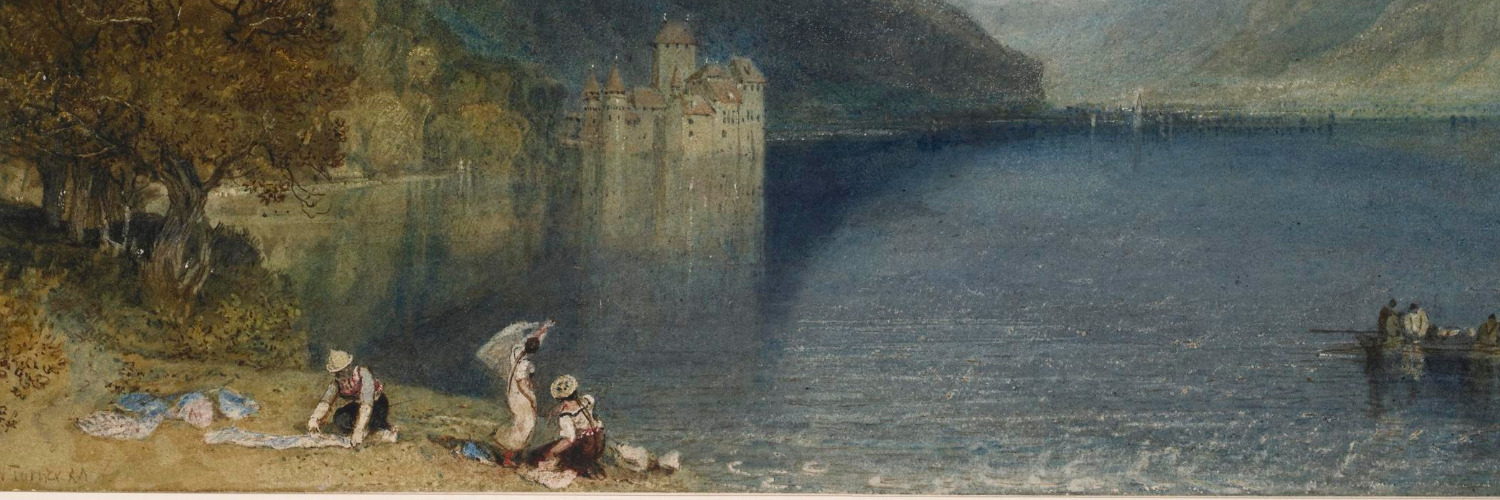RE: Do you feel that your work comes out of the classroom or do you see it more of as an organic process between research and teaching?
AM: Interesting, whether it is organic. I mean, if you go right back to the beginning it came out of passions. You know, that I loved art history as much as I liked literature so I was looking around for something—a dissertation topic that would allow me to do visual culture as well as verbal culture. And that’s what led me to Blake, that and the fact that I had taken a fabulous graduate course when I was an undergraduate at Brown with S. Foster Damon, who was the great man who brought Blake into the canon. And then I was an undergraduate philosophy major, as well as English major, and so I had always been interested in philosophical questions, so that took me to the next project on Romantic Irony, which was really about a philosophical system, [and] what happens if you think of the universe as not having any order, as being profoundly chaotic.
RE: I was looking at Romantic Irony and I noticed that even there, your interest in visual culture is highlighted by the inclusion of a print at the opening [AM: Yes, right, right!] and you actually talk about the significance of that image . . .
AM: Yes, it is that great Thomas Bewick, little landscape, little man riding horseback through the landscape, and then his thumb print over it. Right, so, it exists but it doesn’t exist, and it exists as an authorial creation but it’s also a de-creation because he is erasing it. Yes, I was so happy [Laughing] when I found that little image, because it summed it all up.
And then it was—well, by then I was teaching at Stanford—it was the early 1980s. All through the Vietnam War I had been very caught up in anti-war efforts at Stanford and actually led the faculty move to get rid of ROTC on the Stanford campus, which they brought back last year [by the way]. And so time passes. [Anyway] out of that—out of all those liberation movements, you know, civil rights and the woman’s movement, and so on—in 1980 I made a professional oath, a political and personal oath to only work on women, because I hadn’t done much work on women, no one had in Romanticism. So that is when I started looking around for who were the under discussed and undervalued women in the period. Jane Austen of course, but there had been work on Austen. She wasn’t actually regarded as a Romantic but nonetheless there had been good solid scholarly work on her.
[So] I looked around and the next [author] was Mary Shelley and no one had actually spent much serious time thinking about Frankenstein because they had been dismissing it as a children’s book or science fiction, and therefore outside of the canon of Romanticism. And all the time I was in graduate school, I don’t think that I ever read anything by Mary Shelley except her notes on Percy Shelley’s poems. [RE: I’m quite sure that when I was an undergraduate I read absolutely nothing by any woman writer of the period].
Right. And the notion that Frankenstein [was ignored] in all of these courses on Romantic poetry as mythmaking [is amazing]; [and] I was teaching them myself . None of [us] thought about Frankenstein as the greatest enduring myth from the Romantic period. It is the only one that is really still with us every day.

